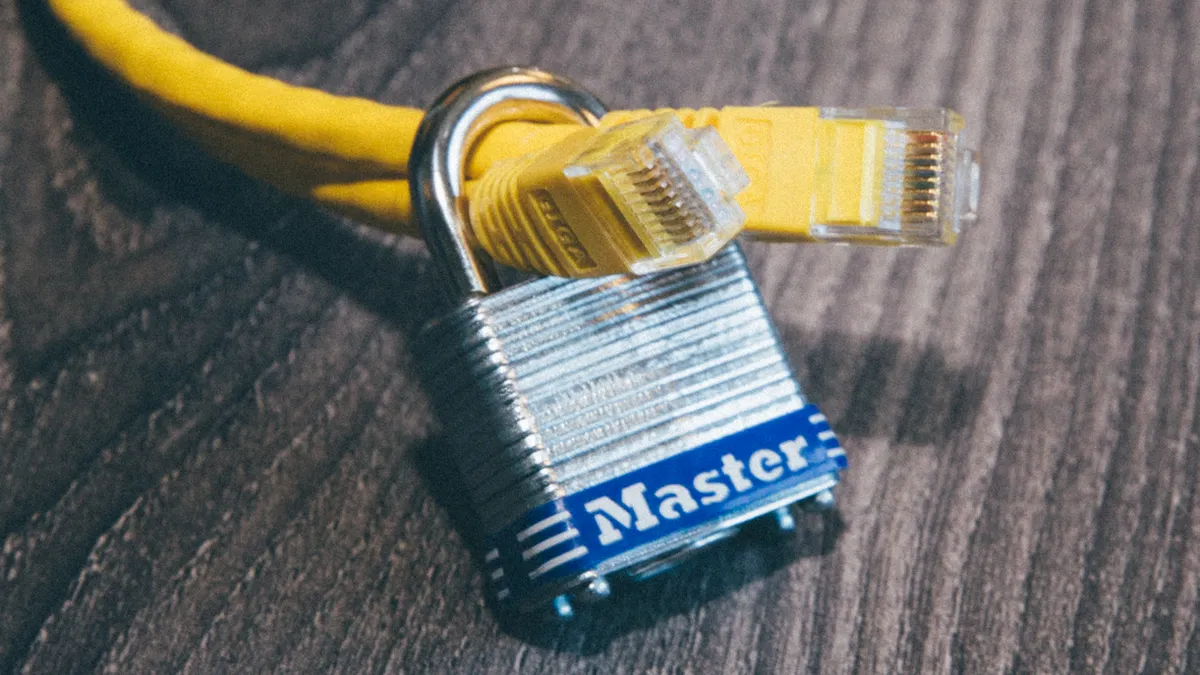Avoid Being Hacked. Use These Tips To Boost Wi-Fi Security
Although there are no assurances when it comes to Wi-Fi security in your house, you can definitely make it more difficult for someone to access your network.Regardless of whether you’re an Airbnb host, have
recently moved in next door, or reside in a popular Vrbo location or tourist site, you’ll want to make sure that shady characters don’t ruin your summer. Although your Wi-Fi network makes your life easier, it also
makes it easier for other people to join to it—possibly undesirable users and gadgets.Think about the data on your Wi-Fi-connected devices: bank account details, credit card numbers, login credentials, and
live camera feeds. Imagine how easily accessible that data could be if someone were to get access to your Wi-Fi network.The likelihood of having your private information compromised and leaked to third parties
is decreased with a secure home network. Additionally, it will prevent unauthorised or undesired people and gadgets from slowing down your connection.Establishing and maintaining a secure home Wi-Fi
network is not too difficult. Ten recommendations for network security are provided below. All are helpful in their own right, while some are better than others at warding off hackers and freeloaders.
Although nothing will completely prevent hacking efforts, following these suggestions will make it more difficult for someone to compromise your network and data. (For additional Wi-Fi advice, see our
suggestions on how to speed up your Wi-Fi connection and how to determine if your internet provider is throttling your Wi-Fi).Put your router in the middle of the room.A clever setup is the first step towards
strong network security. Ideally, you should put your router in the middle of your house. Since wireless signals are sent in all directions by routers, keeping your connection within the boundaries of your house
can be facilitated by positioning your router in a central area. It will probably also result in the highest connection quality as an added bonus.If you live in an apartment complex with neighbours directly to
your left and right, for instance, setting up your router close to a common wall may transmit a strong and alluring signal to them. Even if you don’t live in a flat, a decent router can send signals across the street or
next door. Setting up your router in a central location will help reduce how far those signal travel outside your home.Make a strong password for your WiFi and update it frequently.
Even though this should go without saying, I’ll nonetheless discuss it to underline how important it is. For your Wi-Fi network to remain safe, you must come up with a special password. Steer clear of passwords
or phrases that are simple to figure out, including people’s names, birthdays, phone numbers, or other well known details. Simple Wi-Fi passwords are easier to remember, but they’re also easier to crack for
outsiders. (This explains how to change your Wi-Fi password by accessing your router’s settings.)Make sure you update your password every six months or anytime you suspect there may have been a breach
in your network security.Invest in a WPA3 router.
The most recent router security protocol is WPA3. You shouldn’t worry about anything if you get a new
router because they should all be WPA3 compatible. But a lot of individuals rent their routers straight from the supplier, which might not have the newest models.
You may have a WPA2 device (which does not have the same security protocols as the more recent WPA3 devices) if your router was manufactured before 2018. You may find out the model number of your device
and any unique characteristics it possesses, such WPA2 or WPA3, by quickly searching for it online. Speak with your ISP and try to get a better, more modern router if your current router is WPA2.
There is no guarantee for network security.
Once more, security is never 100% guaranteed, even with the newest and most efficient techniques for
safeguarding your home network. Hackers and cybercriminals will always find methods to take advantage of the internet. However, by using the aforementioned advice, you may better protect your network from
users attempting to access your data or utilise your connection.For additional information, see Where to Get Free WiFi Throughout the World and Where to Put Your Router.




